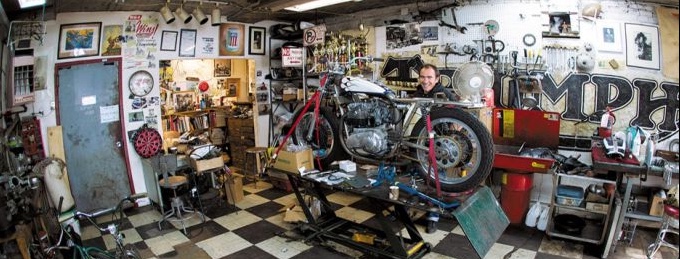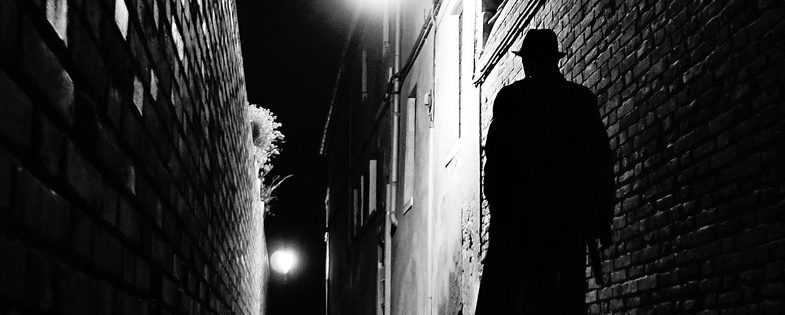I nodded goodbye to Moreau as if we knew each other. Whip gestured me to the door, Brick stepping outside of it, boxing me in between them. If there had been a chance of me getting out of there without a fight it evaporated right there.
Stepping outside the two flanked me from behind, walking me to an older model four-door Mercedes. Silver going on gray with signs of corrosion from living too long near the sea, the car still spoke of a higher class of money than I had attained. Brick opened the back door on our side, gesturing for me to get in. Not wanting to get a surprise cold-cock I watched him as I stooped into the car. While his expression didn’t bely the original estimate I had made of his intelligence his impassive detachment suggested he had discipline.
The interior of the car was a wine color, turned darker by the tinted windows. A spacious back seat allowed Brick to get in beside me without us even having to touch knees. Between all that and what I’m sure was ample trunk space, the Mercedes could make for an excellent kidnap mobile. If that sort of thing was your line of business.
Whip slipped into the driver’s seat. The engine coughed and growled at his command, and we were on our way. Brick kept an eye on me, only pausing to take a red-starred cigarette pack out of his jacket pocket. I noticed it was missing the usual huge health warning that European regulations require, a sure sign that it had been smuggled in after being produced in one of the illegal factories in Madrid.
He didn’t offer me a cigarette but it did give me a chance to notice the black matte grip of the pistol is his shoulder holster. I guess he wasn’t interested in making friends.
Not wanting to caught staring I asked Whip, “So where are we going?” I didn’t bother speaking to him in French. His skill at the language was most likely as rudimentary as mine, so we probably wouldn’t get far. From what I had seen of the Russians, Georgians, and other ex-Soviet types, they didn’t bother learning the local language. They let their money do the talking for them.
Sparing me a glance through the rearview mirror he replied, “To see Mr. Mitnick.”
There hadn’t been any attempt to inform me of who Mitnick was or what he wanted with me. I could only assumed they thought I knew or they didn’t care. Betting on the latter I asked, “And who is Mr. Mitnick?”
The glances that this brought my way were filled with doubt and incredulity. This broke in a second, Whip and Brick looking at each other in silent communication, their eyes asking the other one if they were sure they had the right guy. Instead of addressing whatever misgivings flowed between them Whip just said, “He’s the boss.”
Sensing that I wouldn’t get much more of an answer than that, I switched tactics, emphasizing the first word of the next question. “Where is Mr. Mitnick?”
With a narrowing of his eyes Whip told me he had lost patience with my questions. He sent a signal back to Brick with a glance and the mongoloid began to pour on the intimidation; his stare could have set off a geiger counter. It heated my skin in a way that only wasn’t uncomfortable because of familiarity, his tactic having the opposite of its intended effect. I felt my own anger rising to meet his.
I heard Cheryl’s voice again, reminding me that I wanted to speak with Mr. Mitnick, that any kind of violence might require reprisals from him. Hell, for all I knew one of these goons was his nephew.
That worked until Whip, seeing me back down, gave me a condescending reply of, “This will be much easier for you if you stop asking questions.” What an asshole.
























